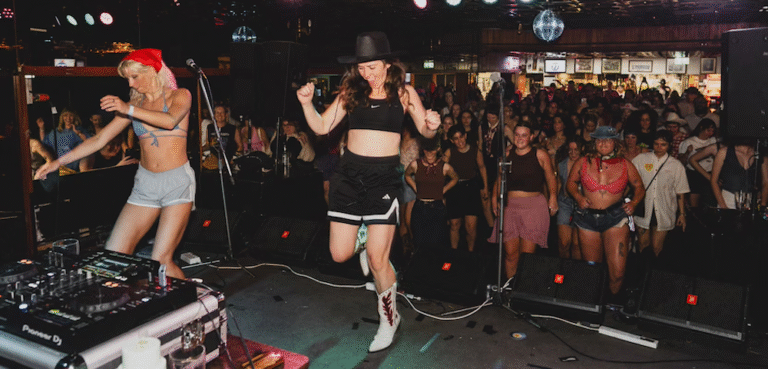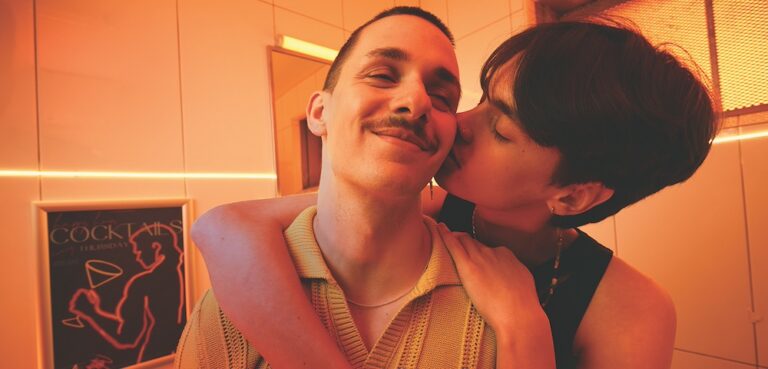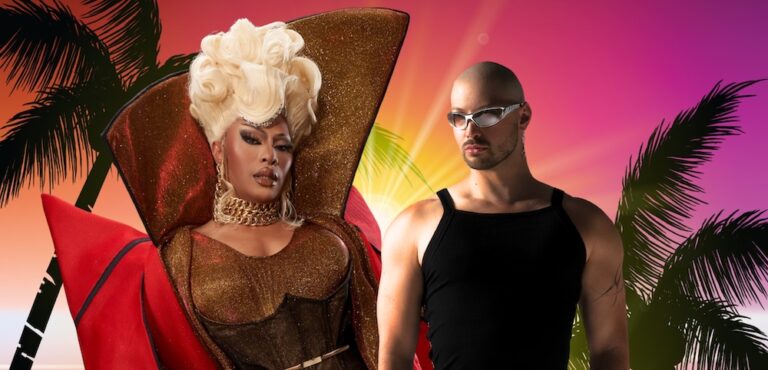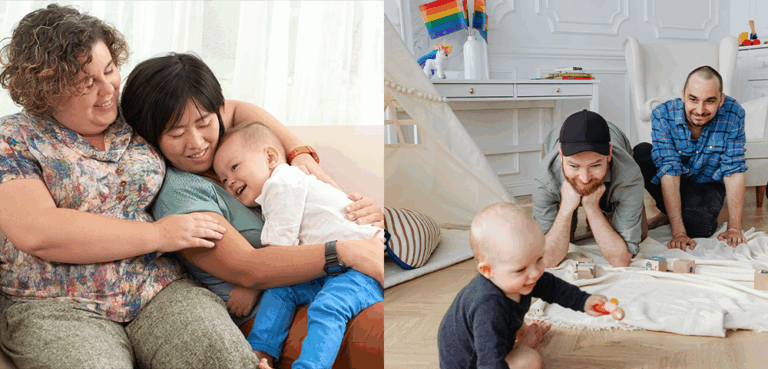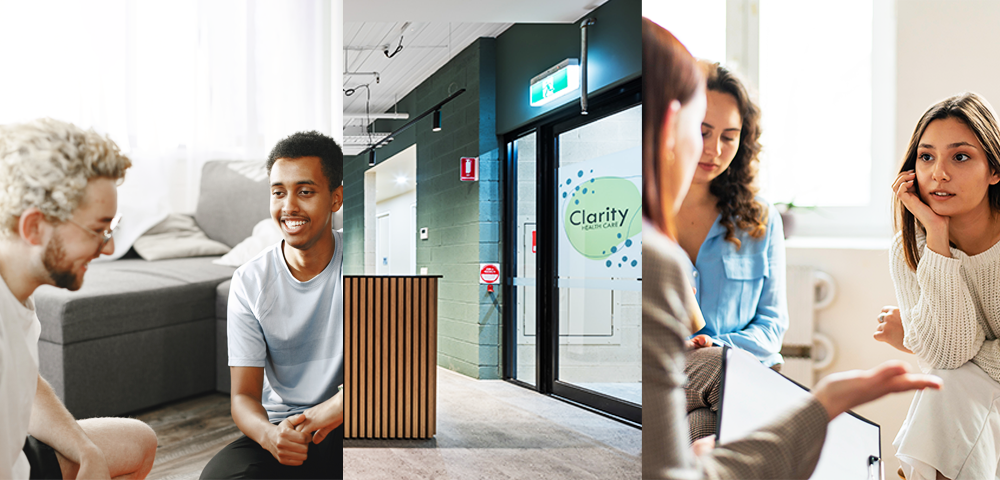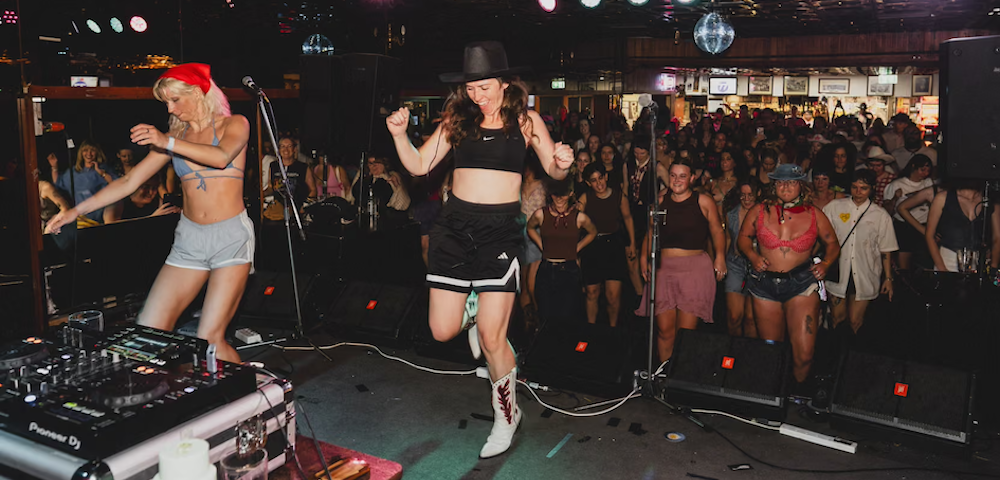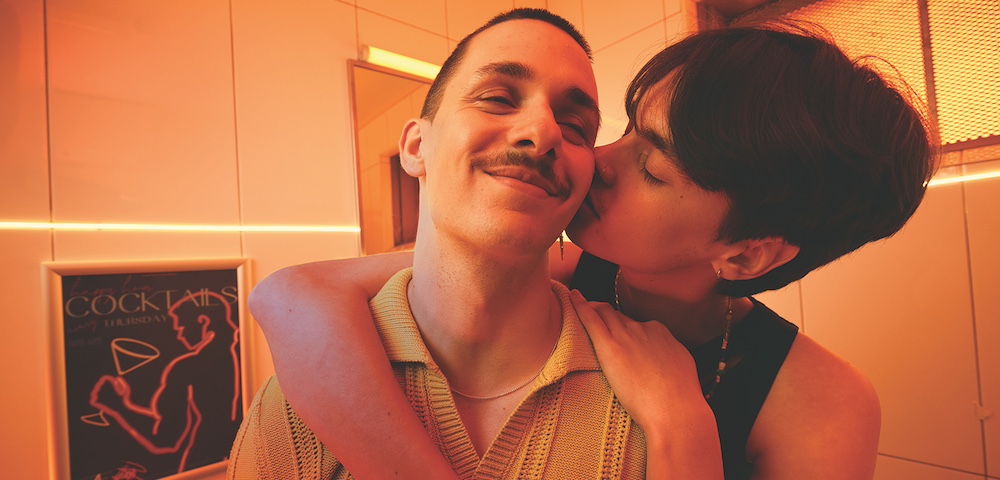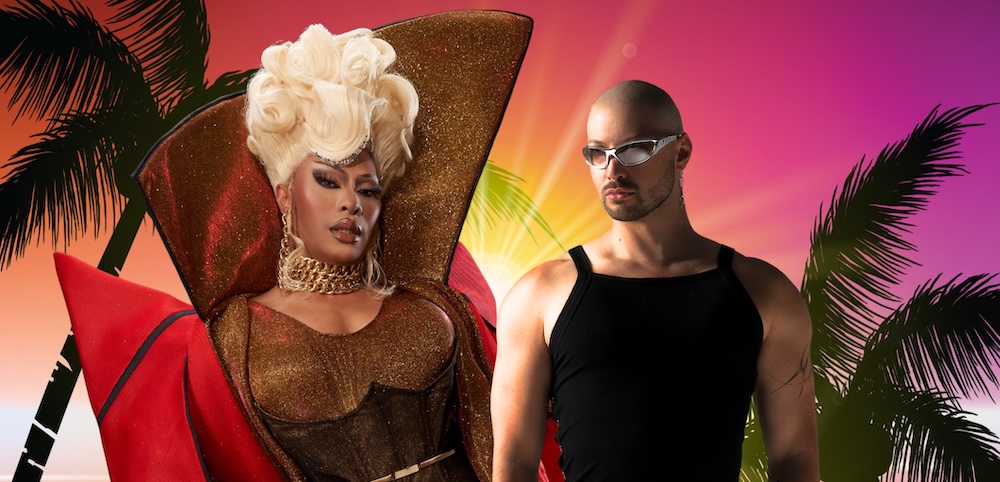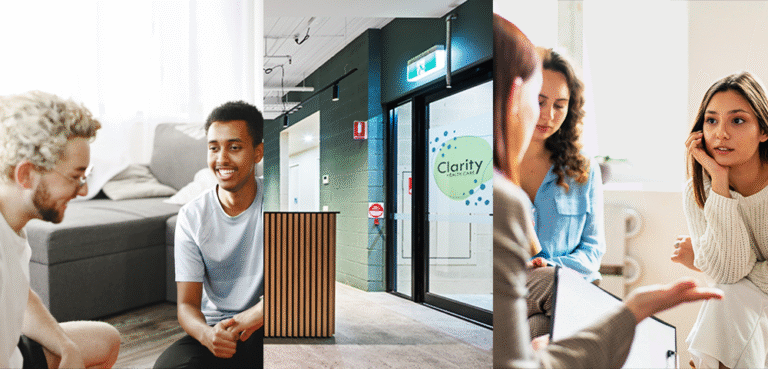
Connection and hope in the lives of others
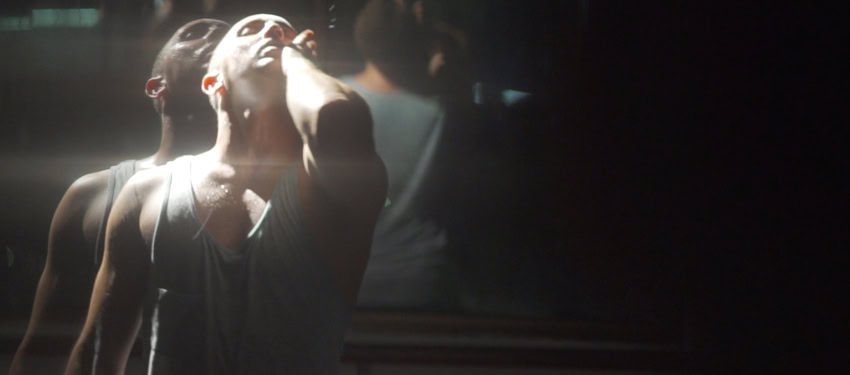
“IT was very lonely at first,” one woman says.
“It was hard because I didn’t know any other queer people, other than my partner and one of her friends from uni. Everyone else in our lives was straight, and that was very isolating.”
This is a piece of just one out of dozens of stories told through the QLives project, a series of short documentaries exploring the mental health and lived experiences of LGBTI people. This particular story is from a film exploring experiences of loneliness and isolation, but others delve into subjects from young people, people living in regional areas, intersex people and people from culturally and linguistically diverse backgrounds.
Launched on International Day Against Homophobia, Biphobia and Transphobia (IDAHOBIT) on May 17, the films look to connect LGBTI people to the experiences of others in the community who might have gone through something similar.
These are the stories heard every day by the people at QLife, the national phone and web-based counselling and referral service for LGBTI people — QLives is their initiative.
“Peer learning has a long and established place in mental health — it’s often where people have the realisation that what they are going through could actually be something they need some help around,” said the service’s national clinical director Ross Jacobs, who also heads up QLives.
“Learning about other people’s stories and experiences can really help put a light on those parts of your own life that you’re uncomfortable with, especially when you can see aspects of your own story reflected in what you’re watching.”
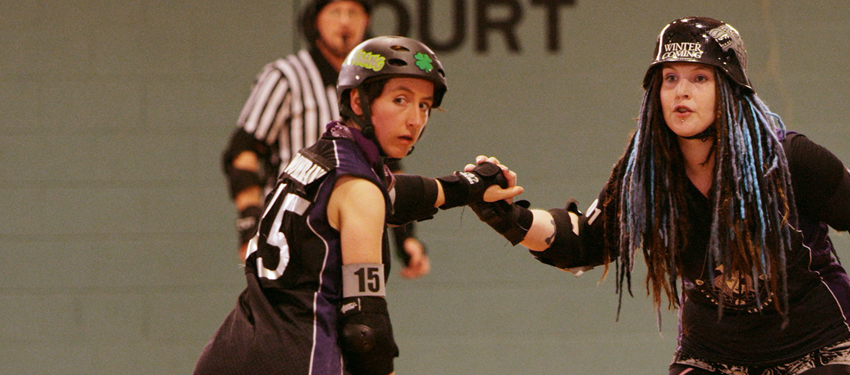
Although conversations about mental health in the LGBTI community are starting to happen more and more, Jacobs argued there is still a lot of stigma attached to asking for help.
“I think that all too often mental health is “someone else’s’ problem”, and that we don’t often stop to consider how talking to someone about what you’re living through doesn’t have to wait until some kind of crisis,” Jacobs said.
“We’re still not great at approaching the idea that mental health is something that can affect anyone, and that it doesn’t bring shame or stigma to ask for help. In my experience, people who seek help are often people who are really strong, but also self-aware of their own limitations.”
The strength of the films’ subjects comes through across the QLives films, and the project roped in some top LGBTI filmmakers tell their stories.
Walkley Award-winning journalist and reporter for the ABC’s 7.30 Monique Schafter collaborated on a number of the films, with co-director Mat Govoni.
“What we really wanted to do as well across these five films we made was to show diversity within the community as well — people of all ages, people of different life experiences, people of all manner of genders, and physical experiences,” Schafter explained.
She was also very aware of how important it was for the films to ultimately provide a message of hope.
“We always make an effort to have a really well-rounded arc in these stories so that there’s a helpful message that can be taken away from them,” she said.
“So if we’re talking about loneliness and isolation, we’ll talk about how the people got through those experiences, how they overcame those feelings, and what they learnt through that journey. So even though they explore the darker times we always try to finish on a positive, hopeful note as well.”
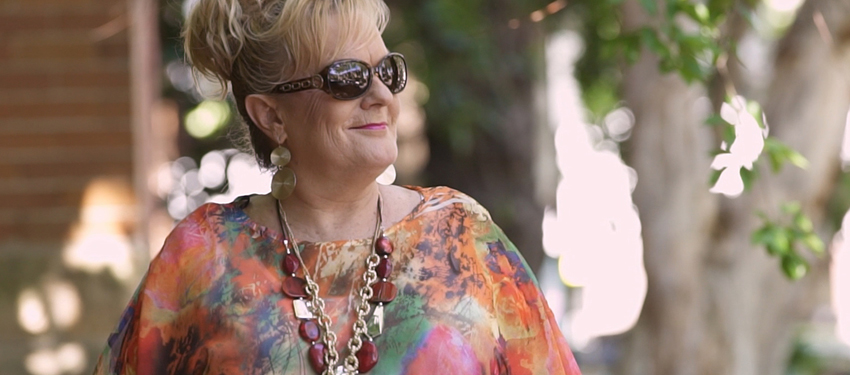
While Schafter’s films explored some of the diverse breadth of experience in LGBTI communities, filmmaker and community health advocate Evie Ryder focused on the story of one person — trans man Jaxxon Chilli’s challenges around substance use.
“[It’s] really brave of him to share the story of some of the hardest times he’s faced,” she said.
“I condensed four hours of interviews into three or four minutes of film, just pulling apart parts that could really tell the story, but also be respectful at the same time.”
Despite his hardship, Ryder said Chilli’s story is ultimately about finding the inner strength to keep going — a message of strength for anyone who might be facing similar issues.
That is exactly what QLives is about: connecting LGBTI people with the stories of their peers, helping them understand they’re not alone.
“It’s perhaps the most powerful way to connect with people who are going through a similar experience,” Ryder said.
“It’s someone who’s gone there.”
To coincide with the launch of the QLives project, QLife will host Google hangout sessions on May 24 and 31 from 5.30pm. Visit their Facebook page for details on how to get involved. To find out more or to access QLife’s services, visit qlife.org.au
